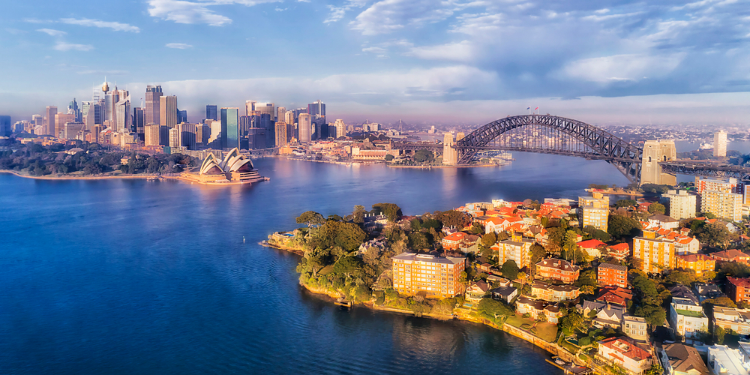
"Australia needs to fix its image." With these words, Anthony Albanese (nicknamed "Albo"), the new Prime Minister, turned the page on 9 years of political history with the Conservatives. On May 21, Labor won the legislative elections and quickly got back to business regarding immigration.
Albanese is looking forward to breaking with the Morrisson era, the former pro-coal Conservative Prime Minister. Although Labor hasn't yet obtained the parliamentary majority, they have already started working on several reforms, including the migration policy.
The zero-Covid policy scared foreign workers away
Australia has come a long way with nearly two years of border closures that significantly impacted its labor market. According to the Australian Bureau of Statistics, the country lost 88,800 foreign workers between 2020 and 2021. This has never been the case since the end of World War II. The country was hoping to massively attract foreigners by reopening its borders. Besides, many companies heavily rely on the return of foreign talents. Currently, Australia has a shortage of 500,000 immigrant workers. Most of the global talents that returned home or moved to another country during the pandemic have not returned. Faced with this situation, a large number of Australian companies increased wages by 15 to 30% to retain existing workers. In addition, many of them are also providing full support in visa procedures to attract other talents.
The Covid has shed light on Australia's high dependency on migrant workers. Companies have been urging the government to take proper action. When the Conservatives were still in power, financial aid was offered to attract international students and young professionals. But this was clearly not enough. The business community, therefore, has high expectations from the new government. Labor has already committed to a full review of the Australian migration policy for greater protection of immigrants who are already in the country and, at the same time, attract foreign talent.
What are the changes and how do they affect expats?
The draft reform proposal revolves around three main ideas:
Simplify access to residency status for existing visa holders: this targets foreigners working in sectors facing labor shortages and those having specific skills sought by companies. The government believes that this is a strong signal to international talents. Indeed, Australia is determined to retain its global talents while other countries are enhancing their policies to attract them.
Reform the regional migration program: the government is looking to improve its rural regions currently facing labor shortages by attracting foreign talent. Nothing is official yet, but incentives are being planned to encourage foreign workers to move to rural areas seeking workforce. For example, those who commit to rural companies could be prioritized in immigration procedures. Financial incentive to facilitate installation is also being considered.
Foreign workers' protection: The reform aims at dealing with the issue of exploitation of foreign workers. It should ensure that they enjoy the same rights as Australians and that these rights are respected, whether in terms of remuneration, minimum wage, working conditions, or social security, etc. The Labor government wants to respond to the appeal of immigrants and expatriates who felt left out during the recent lockdowns as the Conservative government introduced measures to help Australian employees.
When will these reforms be in effect?
For the time being, the new government has only outlined this massive project. The estimated budget hasn't been communicated yet, but there's no doubt that expats in Australia and foreigners who are have been considering a move will keep an eye on the reforms announced. Despite its strict restrictions throughout the Covid pandemic, Australia remains one of the top expat destinations, especially for foreign professionals.



















